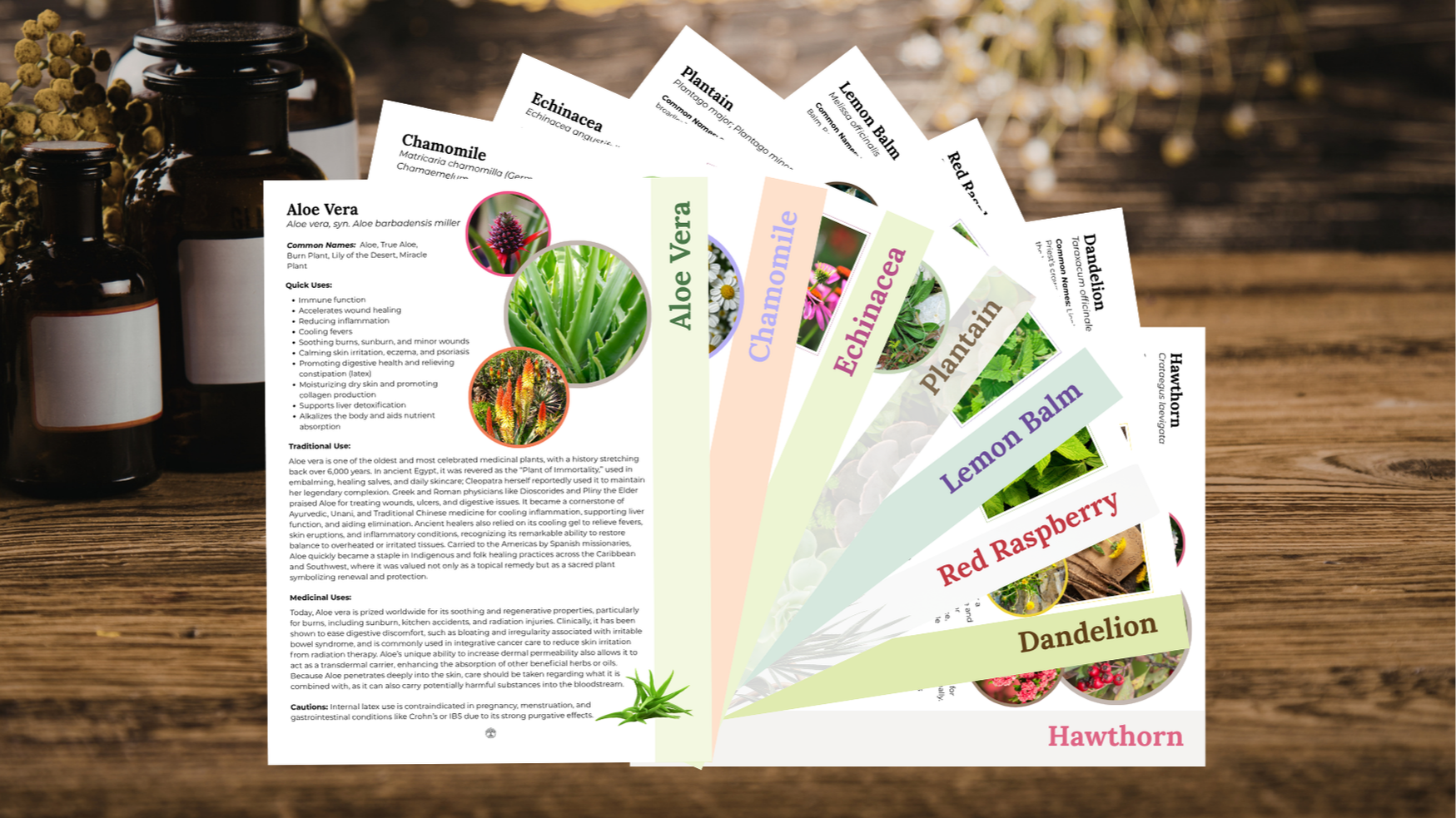Eat Your Heart Out!
Mar 22, 2023Let's Get To The Heart of Things - One Leaf at a Time :)
I was picking out artichokes the other day when a man stocking the produce near me looked at the artichokes in my hands and asked me how artichokes were eaten. He looked at me with wonder as he restated what he just heard me say, that the bottom portion of each leaf was scraped off with your teeth, and the rest of the plant was thrown away. I restated that the inside of the base, called the heart, was also eaten. He looked at the price listed under the artichokes and looked back at me. It was as if I could read his mind. "Why would anyone pay that price when so much of the food went to waste?"
Well, they taste good, not to mention they are loaded with nutrients: including many of the B vitamins, vitamin K, and Vitamin C and more. They contain loads of vital minerals like magnesium, manganese, potassium, phosphorus, iron, and zinc. And let's not forget the fiber which feeds the bowels and helps keep things moving along. There are so many known nutrients and health benefits but I won't list them all now.
I grew up on artichokes. My mother always served them with a little bit of melted butter, but I know others who dip their leaves in flavored mayo and lemon juice. If you've never actually cooked or eaten artichokes, this is for you.
When I look for artichokes I look for good color and firm leaves. Be careful, they do have sharp little needles on the tips of each leaf. You'll want to remove these before you cook them. After cutting off the top, I take kitchen sheers and trim the needle off of each leaf. I remove the stem and spread the leaves for a little rinse, then place in my Instapot.
Add 1 cup of water to your Instapot and place the artichokes on the rack to keep them off the bottom. We are just steaming them, not boiling them. If you don't have an Instapot you can steam them on your stove, it will just take a little longer. You can place them right side up or upside down. If you place them upside down you can more easily test for doneness. If done, the base should feel soft and a knife easily inserted.
Now artichokes vary in size. Size is going to determine cook time. These are large artichokes so I am going to cook them for 35 minutes. Smaller artichokes may only need 25 minutes in an Instapot and might be overcooked leaving them in for this long, but if you don't cook them long enough, leaves will be too firm to eat and will not pull away easily.
When it is safe to open your Instapot, carefully remove them with tongs. When your artichoke is cool enough to touch pull one leaf off at a time, dip it in your preferred sauce or dip and scrape the soft portion of the leaf off with your teeth. Artichokes have a very mild flavor, but might be best compared to the flavor of asparagus. When you get down to the middle, you'll need to scrape off and discard the fuzz. This is not yummy. The heart under the fuzz is yummy. It is the same stuff you have been scraping off each leaf with your teeth. Cut this up and dip it just like you did the leaves.
I admit, artichokes are something of a delicacy and a lot of it ends up in the bin. But they are really yummy and oh, so good for you!
References
Petropoulos SA, Pereira C, Ntatsi G, Danalatos N, Barros L, Ferreira ICFR. Nutritional value and chemical composition of Greek artichoke genotypes. Food Chem. 2018 Nov 30;267:296-302. doi: 10.1016/j.foodchem.2017.01.159. Epub 2017 Feb 2. PMID: 29934171.
Salem, M.B., Affes, H., Ksouda, K. et al. Pharmacological Studies of Artichoke Leaf Extract and Their Health Benefits. Plant Foods Hum Nutr 70, 441–453 (2015). https://doi.org/10.1007/s11130-015-0503-8
Abstract
Artichoke (Cynara scolymus) leaf extract was one of the few herbal remedies which the clinical and experimental trials have complemented each other. Both experimental and clinical effects have been verified through extensive biomedical herbal remedy research. Specifically, antioxidant, choleretic, hepatoprotective, bile-enhancing and lipid-lowering effects have been demonstrated, which corresponded with its historical use. Ongoing research seems to indicate that artichoke indeed have medicinal qualities. Most significant appears to be its beneficial effect on the liver. In animal studies, liquid extracts of the roots and leaves of artichoke have demonstrated an ability to protect the liver, with possibly even to help liver cells regenerate. Although research is not yet conclusive, scientists were optimistic that its long-standing use in humans for digestive and bowel problems was indeed justified. It may also play a role in lowering cholesterol and thus help to prevent heart disease. Boiled wild artichoke reduced postprandial glycemic and insulinemic responses in normal subjects but has no effect on metabolic syndrome patients. This article intended to review the wide ranging pharmacological effects of artichoke leaf extract.



